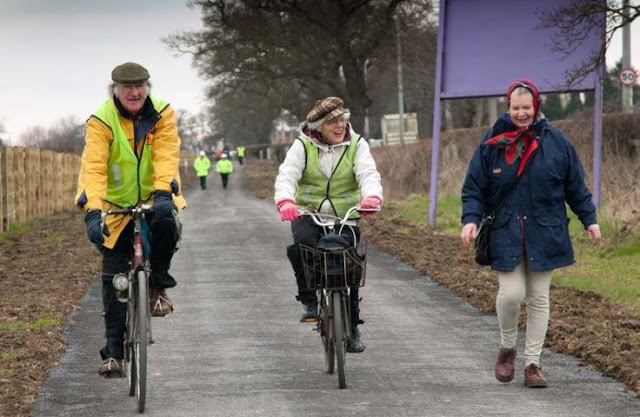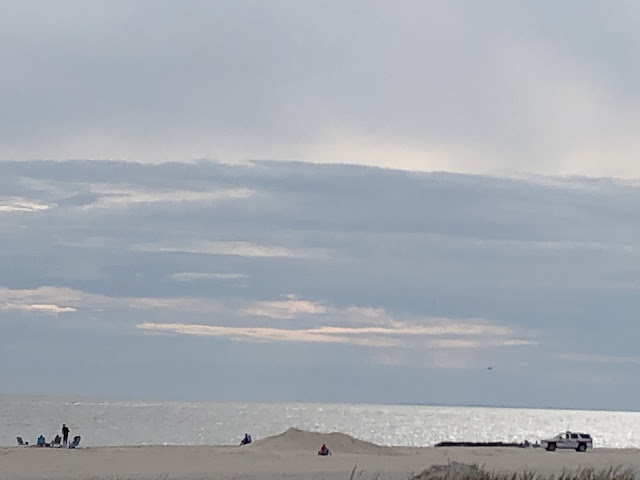Since the death of Generalissimo Franco in 1975, Spain has gone from being a conservative Catholic bastion to one of the most seemingly liberal and progressive countries in Europe and, indeed the world. As an example, in 2005 it became the third nation on the planet--after the Netherlands and Belgium--to legalize same-sex marriage.
Note that I used the word "seemingly." As in other countries, liberalism and tolerance of racial, ethnic, sexual and gender-expression minorities is found mainly in the large cities. Rural areas and other places far removed from cities either remained conservative or were part of a "backlash" --which included animus against immigrants--that boosted right-wing politicians and parties into power.
In this sense, a recent development in Elche is not surprising. A coalition of right- and far-right parties now rules the third-largest city in the Valencia region. They are un-doing what previous administrations did or started--including a bike lane in the center of town.
Moreover, the city's new government wants to increase the amount of space allotted for cars on the city's streets because--tell me if you haven't heard this before--bike lanes "take away parking spaces" and "cause traffic jams."
It seems that right-wing politicians and their supporters see cyclists and bike lanes as easy targets. Part of that, I believe, is that in a departure from times past, much of the native working class--who form much of the base of support, as they do for the Republican Party in the United States--either work in auto-related industries or are car-dependent in one way or another. Cycling is therefore seen as attack on their way of life.
Also, in Elche the bike lane, like others in European cities, was funded in part by a European Union fund to develop "low emission zones"--of which the newly-dismantled bike lane. Right-wing nationalists can therefore depict bike lanes and other sustainability projects as "overreach" by far-away bureaucrats, whether in Brussels (for the EU) or in Washington DC or state capitals (in the US).
It seems that everywhere a nation or group of people tries to make its country or community more sustainable and livable, the pushback comes from the political right--and bicycles and cyclists are among the first targets.



